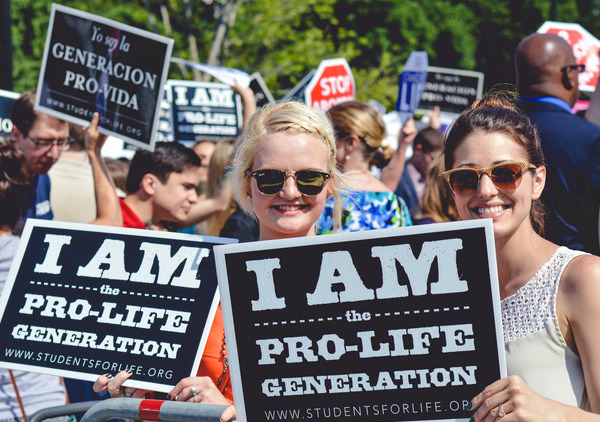Kerby Anderson
Often I say on radio that the youngest generation is the most pro-life generation in history. A recent Quinnipiac poll bears this out. It found that 18-to-34-year-olds were more likely than any other age demographic to support a ban on abortions after 20 weeks of gestation. As I mentioned in a recent commentary, that is what a bill in Congress would accomplish if it could pass the US Senate.
In a recent Washington Post blog, Eugene Scott also argues that this polling illustrates that even after 45 years of legalized abortion, because of the Supreme Court decision in Roe v. Wade, the “culture battle over abortion is not over.” This surely is not what the National Abortion Rights Action League or Planned Parenthood expected. They would have expected that a generation growing up where abortion was always legal would want to continue keeping abortion legal.
In the 1970s and 1980s, polling showed a significant generation gap. Older voters opposed legalized abortion while younger voters supported abortion rights. That has changed over time. Sonograms have provided a “window on the womb.” And millennials realize that their parents and their peers have been aborting their fellow classmates or even their possible brothers and sisters.
Michael New, writing in National Review, also has found polling data that illustrates the shift. He says the most compelling evidence comes from the General Social Survey (GSS). It has asked the same six questions on abortion since the early 1970s. They range from whether abortion should be legal for a woman who is raped to whether a married woman should be allowed to get an abortion merely because she does not want more children.
Starting around 2000, there is a significant shift in attitudes among young adults. They are much more likely to identify with the pro-life position but also may be a bit more reluctant to identify as pro-life. Nevertheless, it is a remarkable shift in values on the issue of life.
 Listen Online
Listen Online Watch Online
Watch Online Find a Station in Your Area
Find a Station in Your Area








 Listen Now
Listen Now Watch Online
Watch Online
